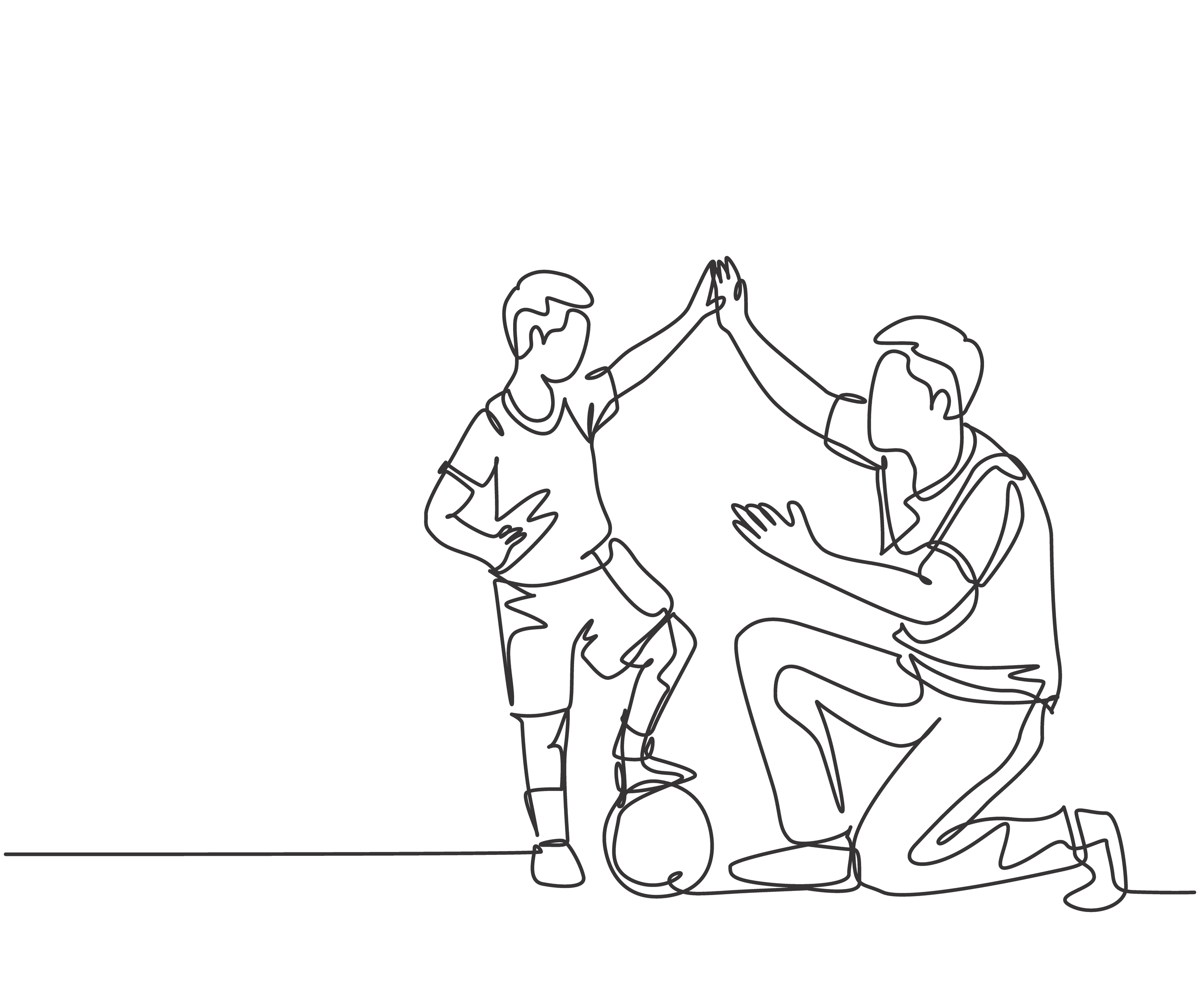Orthopedic, Mobility, & Post-Surgical Rehab
- Knee Surgery & ACL Rehab: Find Therapy After Knee Replacement
- Post-Shoulder Surgery Rehab: Rotator Cuff & Labral Repair Recovery
- Post-Hip Replacement Rehab: Recovery & Therapy
- Back Surgery Rehab & Recovery Therapy | Expert Rehab Plans
- Frozen Shoulder Adhesive Capsulitis Rehab
- Tendonitis Rehab & Treatment | Achilles, Patellar & Rotator Cuff Tendonitis Therapy
- Low Back Pain Rehab & Therapy | Expert Treatment & Recovery
- Sciatica Pain Relief & Rehab Therapy | Find Trusted Sciatica Specialists
- Neck Pain: Causes, Treatment & Therapists Near You
- Chronic Pain & Fibromyalgia: Causes, Relief & Therapy
- Torticollis in Babies & Adults: Causes, Symptoms & Therapy
- Toe Walking in Children: Causes, Therapy Options & When to Worry
- Scoliosis in Children and Teens: Symptoms, Treatment & Therapy Support
Neck Pain: Causes, Treatment & Therapists Near You

Authored by: The DrSensory Editorial Team
Reviewed by: 🛡️ DrSensory Clinical Review Board – Doctor of Therapy Rehab Division
Last updated: June 2025
Neck Pain – Expert Advice, Treatment Options & Local Therapists
What Is Neck Pain?
Neck pain is one of the most common musculoskeletal conditions, affecting up to 70% of people at some point in their lives. It can range from a mild discomfort to severe pain that limits your ability to function. The neck (cervical spine) supports the weight of the head and is made up of vertebrae, muscles, ligaments, and nerves—all of which can become irritated or injured.
Common Causes of Neck Pain
Poor Posture and Tech Neck
Spending long hours hunched over smartphones, tablets, and computers puts strain on the neck muscles and spine.
Muscle Strain
Sudden movements, overuse, or sleeping in an awkward position can lead to painful muscle tightness.
Herniated Disc or Pinched Nerve
Cervical discs can bulge or herniate, putting pressure on nearby nerves and causing radiating pain.
Degenerative Disc Disease
As we age, discs between the vertebrae can wear down, leading to chronic neck stiffness and discomfort.
Whiplash and Injuries
Auto accidents or sports injuries may cause whiplash, which stretches soft tissues and joints beyond their normal range.
When to See a Professional
If neck pain persists for more than a few days, is accompanied by numbness or weakness in the arms, or results from a traumatic injury, you should consult a medical professional.
Therapist Tip: Early intervention by a licensed Physical Therapist (PT) or Occupational Therapist (OT) can significantly reduce pain and prevent chronic issues.
Best Therapies for Neck Pain
Physical Therapy
PTs provide manual therapy, targeted exercises, and posture education to relieve pain and improve neck function.
Occupational Therapy
OTs can help modify daily routines and workstations to reduce neck strain and support long-term recovery.
Other Treatments
- Massage Therapy
- Chiropractic Adjustments
- Acupuncture
- Heat and Cold Therapy
- Pain Medications (under physician supervision)
Types of Neck Pain – Know the Difference
Sharp or Stabbing Neck Pain
Often caused by muscle spasms, pinched nerves, or trauma. May come on suddenly and worsen with movement.
Dull, Achy Neck Pain
Usually related to muscle tension or posture-related strain. Common with stress, long computer use, or sleep positions.
Radiating Neck Pain (to Shoulder or Arm)
A potential sign of a nerve compression like a herniated disc or cervical radiculopathy.
Who Gets Neck Pain? Demographic-Specific Advice
Neck Pain in Children
Rare, but may indicate poor backpack ergonomics, scoliosis, or injury.
Neck Pain During Pregnancy
Hormonal changes and posture shifts can strain the cervical spine. OT/PT can help with positioning and pain relief.
Neck Pain in Seniors
Often related to arthritis, spinal degeneration, or balance-related tension.
Sleep and Workstation Fixes for Neck Pain
Best Sleeping Positions for Neck Support
- Back sleeping with neck support is ideal
- Avoid stomach sleeping, which twists the neck unnaturally
Choosing the Right Pillow
- Use a cervical contour or memory foam pillow. Consider pillow height based on sleep position.
Desk Ergonomics 101
- Raise your monitor to eye level
- Use a chair with head and lumbar support
- Keep shoulders relaxed, elbows at 90°
At-Home Remedies and Exercises for Neck Pain
5 Simple Neck Stretches You Can Do Today
- Neck tilts side-to-side
- Chin tucks
- Upper trapezius stretch
- Levator scapulae stretch
- Shoulder blade pinches
Heat vs. Ice – What’s Better?
- Ice: First 48 hours after injury
- Heat: For chronic stiffness
When Neck Pain Could Be Serious
Red Flag Symptoms
- Seek immediate medical attention if you experience:
- Numbness or tingling in arms/hands
- Loss of balance or coordination
- Severe headache with neck stiffness (possible meningitis)
- Sudden weight loss or fever
Conditions Linked to Neck Pain
Cervical Radiculopathy
Pain radiating to arms or hands from compressed nerves.
Cervical Spondylosis
Age-related degeneration of discs and joints in the neck.
TMJ (Temporomandibular Joint Dysfunction)
Can refer pain to the neck and head.
Tension Headaches
Neck muscle tension can trigger tension-type headaches.
Frequently Asked Questions (FAQ)
What is the fastest way to relieve neck pain?
Applying ice or heat, gentle neck stretches, and correcting your posture are fast at-home methods. However, professional therapy offers long-term relief.
Can neck pain be a sign of something serious?
Yes. Severe or persistent pain, especially with symptoms like numbness, dizziness, or vision changes, should be evaluated by a healthcare provider.
How can I prevent neck pain?
Maintain good posture, take breaks from screens, set up an ergonomic workspace, and stay active with regular stretching.
Should I see a PT, OT, or SLP for neck pain?
- PTs are best for physical movement, flexibility, and strength.
- OTs help with functional tasks and ergonomic modifications.
- SLPs assist if swallowing or voice issues accompany neck pain.
Is it safe to exercise with neck pain?
Gentle movement is encouraged, but avoid high-impact activity until evaluated by a professional. A therapist can design a safe exercise plan.
What causes neck pain without injury?
Neck pain without trauma is often caused by poor posture, stress, arthritis, or degenerative disc disease. Even sleep position and phone use can strain neck muscles.
How long should neck pain last?
Mild neck pain may last a few days, while more serious conditions (like a herniated disc) can persist for weeks or become chronic if untreated. A therapist can help reduce recovery time.
Can stress cause neck pain?
Yes. Stress can lead to muscle tension in the neck and shoulders, triggering pain, stiffness, and even headaches. Relaxation techniques and physical therapy can help.
Is massage good for neck pain?
Massage therapy can relieve muscle tension and improve blood flow. It’s most effective when combined with physical therapy for long-term results.
What is tech neck and how do I fix it?
Tech neck is strain from looking down at devices for long periods. It can be prevented with ergonomic changes and treated with posture training and therapy exercises.
What kind of doctor treats neck pain?
Primary care doctors, physical therapists, occupational therapists, chiropractors, and in severe cases, neurologists or orthopedic specialists may treat neck pain.
Can a physical therapist help with neck pain?
Absolutely. PTs use manual therapy, exercise, and posture correction to relieve pain, improve mobility, and prevent future flare-ups.
Are there exercises I should avoid with neck pain?
Yes. Avoid high-impact or jerky movements, overhead lifting, and exercises that worsen pain until cleared by a therapist.
Can neck pain cause dizziness or vertigo?
Yes, especially if the upper cervical spine is involved. This may be due to cervicogenic dizziness and should be evaluated by a therapist or physician.
How do I know if neck pain is a pinched nerve?
If the pain radiates to your arms, hands, or causes numbness/tingling, it may indicate a pinched nerve. A PT or neurologist can confirm with evaluation.
What sleeping position is best for neck pain?
Sleeping on your back with a cervical support pillow is generally best. Avoid stomach sleeping, which twists the neck unnaturally.
Do pillows really help neck pain?
Yes. The right pillow can maintain cervical spine alignment during sleep, reducing overnight strain and pain.
Is neck cracking bad for you?
Occasional cracking is usually harmless. However, repeated self-manipulation or pain after cracking may require evaluation by a medical professional.
When should I worry about neck pain?
Red flags include severe pain after trauma, numbness, loss of coordination, fever, or unexplained weight loss. Seek immediate medical attention in these cases.
This page provides general educational content and is not a substitute for professional medical advice. Always consult a licensed provider for diagnosis and treatment.
View privacy policy, copyright and trust info
More on Orthopedic, Mobility, & Post-Surgical Rehab

- Knee Surgery & ACL Rehab: Find Therapy After Knee Replacement
- Post-Shoulder Surgery Rehab: Rotator Cuff & Labral Repair Recovery
- Post-Hip Replacement Rehab: Recovery & Therapy
- Back Surgery Rehab & Recovery Therapy | Expert Rehab Plans
- Frozen Shoulder Adhesive Capsulitis Rehab
- Tendonitis Rehab & Treatment | Achilles, Patellar & Rotator Cuff Tendonitis Therapy
- Low Back Pain Rehab & Therapy | Expert Treatment & Recovery
- Sciatica Pain Relief & Rehab Therapy | Find Trusted Sciatica Specialists
- Neck Pain: Causes, Treatment & Therapists Near You
- Chronic Pain & Fibromyalgia: Causes, Relief & Therapy
- Torticollis in Babies & Adults: Causes, Symptoms & Therapy
- Toe Walking in Children: Causes, Therapy Options & When to Worry
- Scoliosis in Children and Teens: Symptoms, Treatment & Therapy Support
Find a Therapist near you
Are you looking for a physical, occupational, or speech therapist in your area?
Look no further than the DrSensory Therapist Database and Clinic Directory!
Find a Therapist
Find the physical therapist, occupational therapist, or speech language pathologist you’re looking for!
Ask Us Anything
Whether you are looking for advice, have a general question about sensory processing, or looking for resources.
Submit Your Story
Share your story about your child. Let’s celebrate milestones and learn more about challenges.



























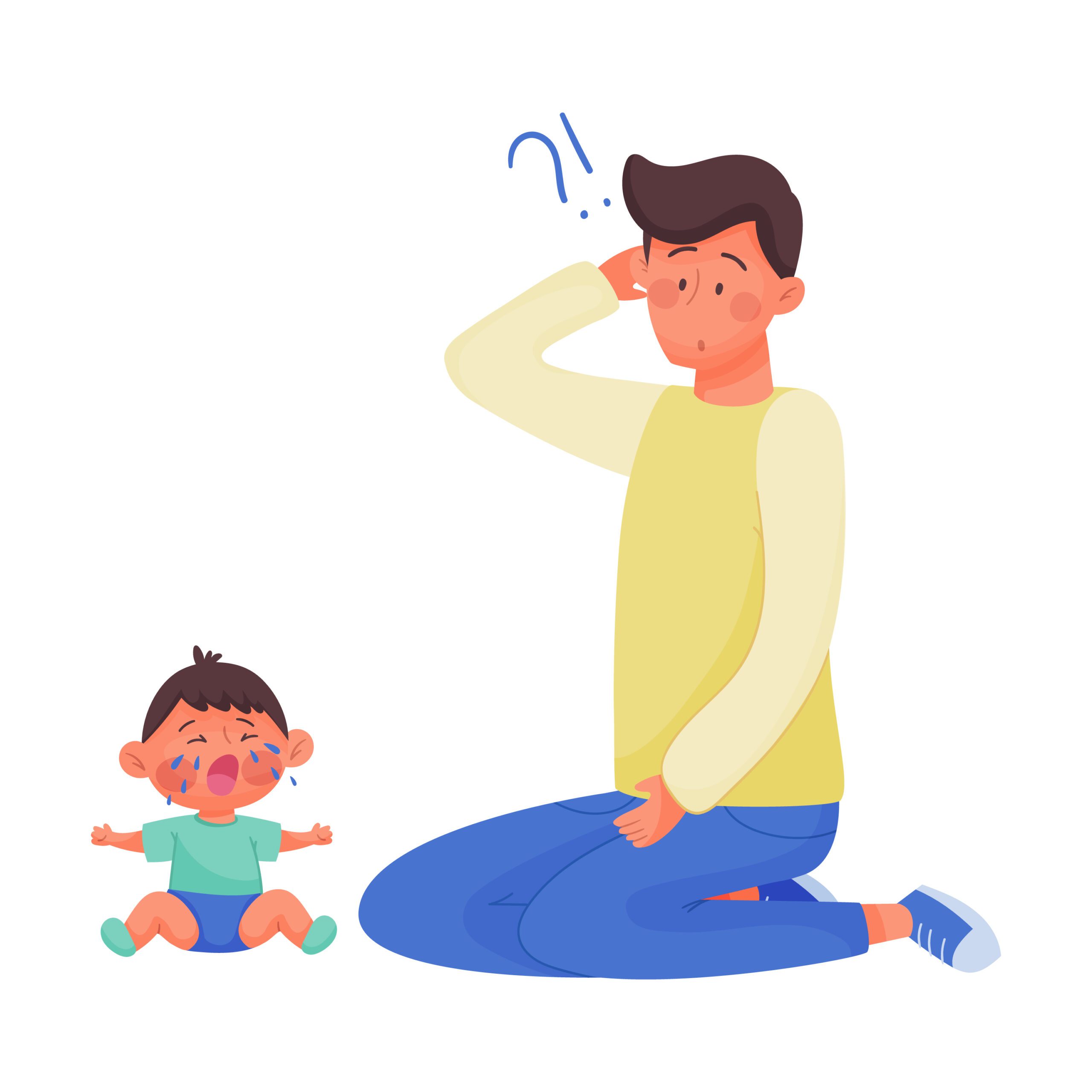
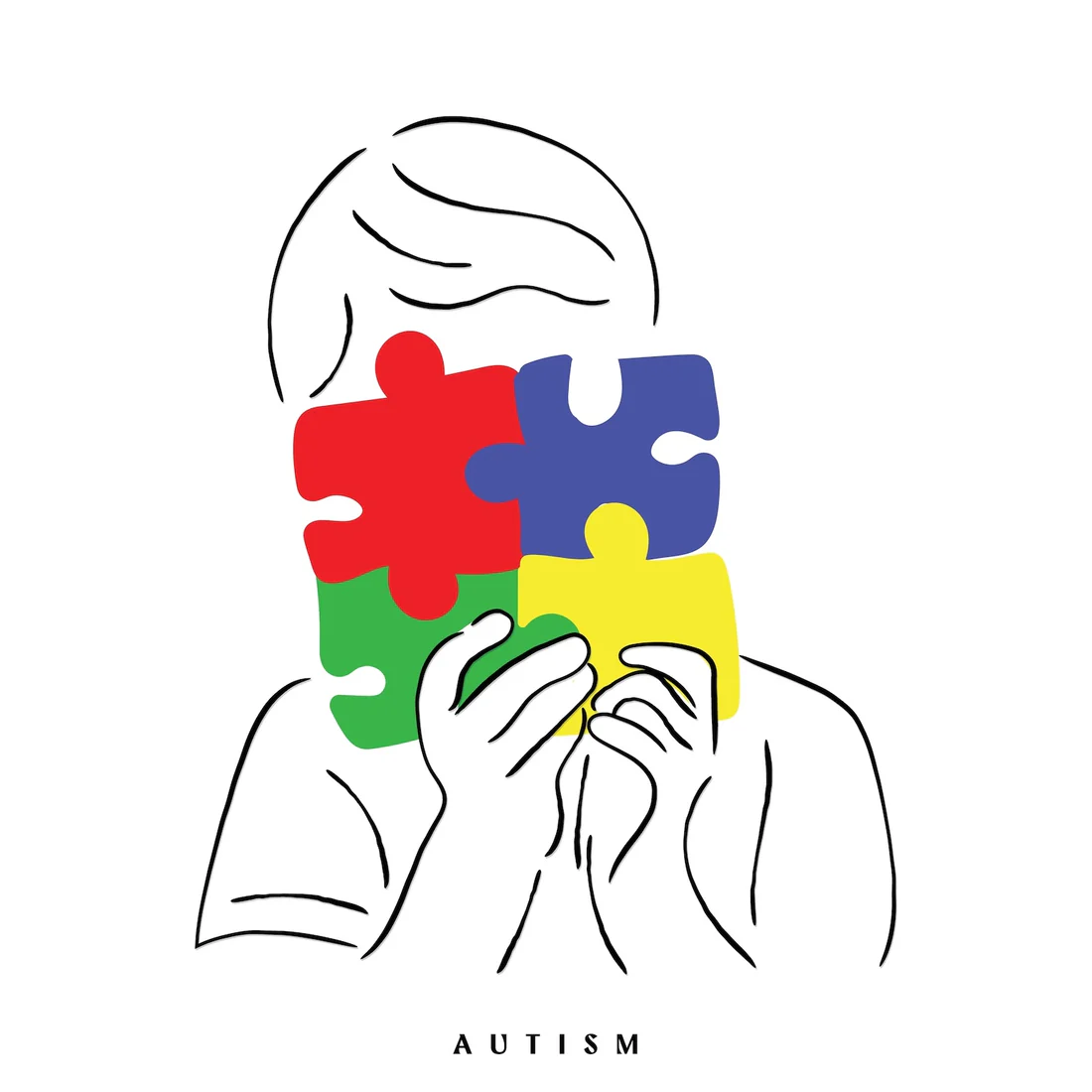
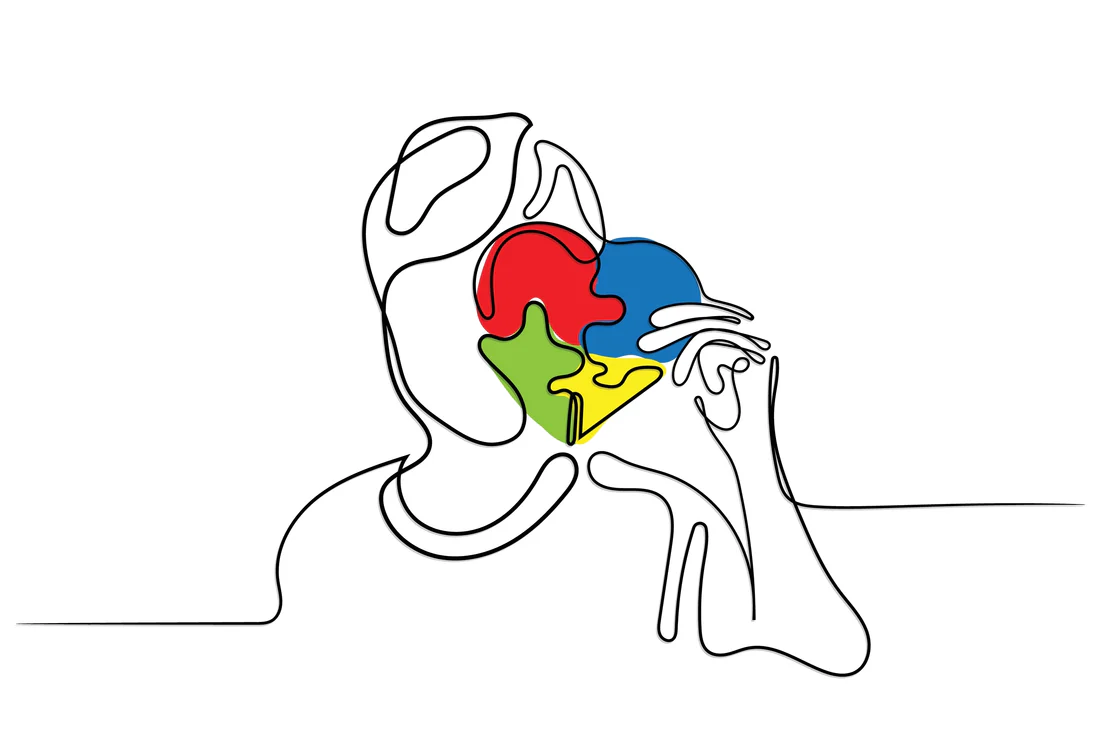










 Speech Therapy
Speech Therapy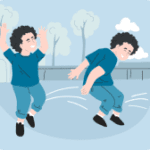 Physical Therapy
Physical Therapy Occupational Therapy
Occupational Therapy




